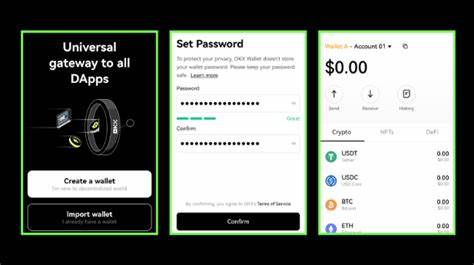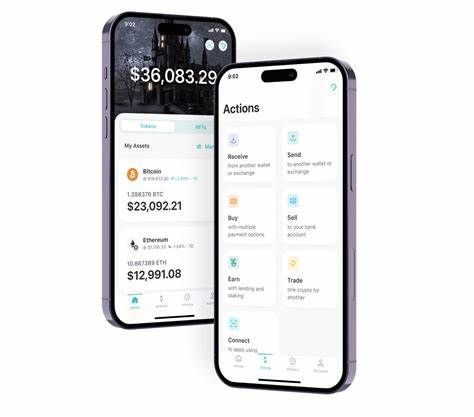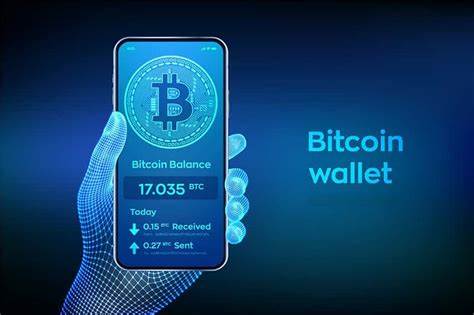Introducing Smart Contract Wallets: A Comprehensive Guide for Beginners Blockchain technology has revolutionized the way we think about financial transactions and digital assets management. One of the latest advancements in this field is the emergence of smart contract wallets, offering users a whole new level of control and security over their crypto assets. In this beginner's guide, we will delve deep into the world of smart contract wallets, exploring their functionalities, benefits, and potential risks. Smart contract wallets serve as a bridge between traditional wallets and the world of decentralized finance (DeFi). They essentially allow users to customize and manage their digital assets through smart contracts.
These wallets provide a range of unique features, such as bundled transactions, customizable recovery options, the ability to pay gas fees in alternative tokens, and enhanced privacy in identity management. Unlike conventional wallets that rely on externally owned accounts (EOAs), smart contract wallets enable users to take full control of their crypto holdings without the need for an intermediary. They represent a significant step forward in terms of self-custody and offer a more personalized approach to managing digital assets. One key aspect of smart contract wallets is account abstraction, a concept that abstracts the essential functions of EOAs and embeds them into smart contracts. This abstraction allows for a choose-your-own-adventure approach to self-custody, empowering users to tailor their wallet functionalities based on their preferences and needs.
Through customizable features like social recovery and bundled transactions, smart contract wallets aim to revolutionize the user experience in the crypto space. By providing a more user-friendly and secure environment for managing digital assets, these wallets seek to onboard millions of new users to the world of Web3. In order to understand the significance of smart contract wallets, it is important to grasp the Ethereum account model. Unlike Bitcoin and other cryptocurrencies that use a UTXO model, Ethereum employs an account model that enables the deployment and execution of self-executing smart contracts. The Ethereum network comprises two types of accounts: externally owned accounts (EOAs) and smart contract accounts.
While EOAs are controlled directly by users through private key functions, smart contract accounts rely on embedded logical statements to execute actions. This distinction plays a crucial role in the development and implementation of smart contract wallets. However, the current EOA model poses certain limitations for wallet providers, as it restricts the scope of innovation and customization. This has led to the emergence of various approaches to account abstraction, such as third-party relayers with abstracted EOAs or layer-2 solutions with native account abstraction. One of the recent developments in the realm of account abstraction is the Ethereum Foundation's ERC-4337 account abstraction proposal, which aims to remove the reliance on centralized relayers and EOAs.
By introducing a new standard of transaction messaging, ERC-4337 offers a more decentralized version of account abstraction, paving the way for enhanced security and scalability in smart contract wallets. While smart contract wallets hold immense potential for transforming the way we manage digital assets, they also come with their own set of risks and challenges. The industry is still grappling with issues related to centralization, security vulnerabilities, and operational complexities. As the technology continues to evolve, it is crucial for users to stay informed and vigilant in order to make the most of the benefits offered by smart contract wallets. In conclusion, smart contract wallets represent a new frontier in the realm of decentralized finance, offering users unprecedented control and customization over their digital assets.
By leveraging the power of smart contracts and account abstraction, these wallets aim to redefine the user experience in the crypto space and drive adoption of Web3 technologies. As the industry continues to innovate and mature, smart contract wallets are poised to play a central role in shaping the future of decentralized finance.









